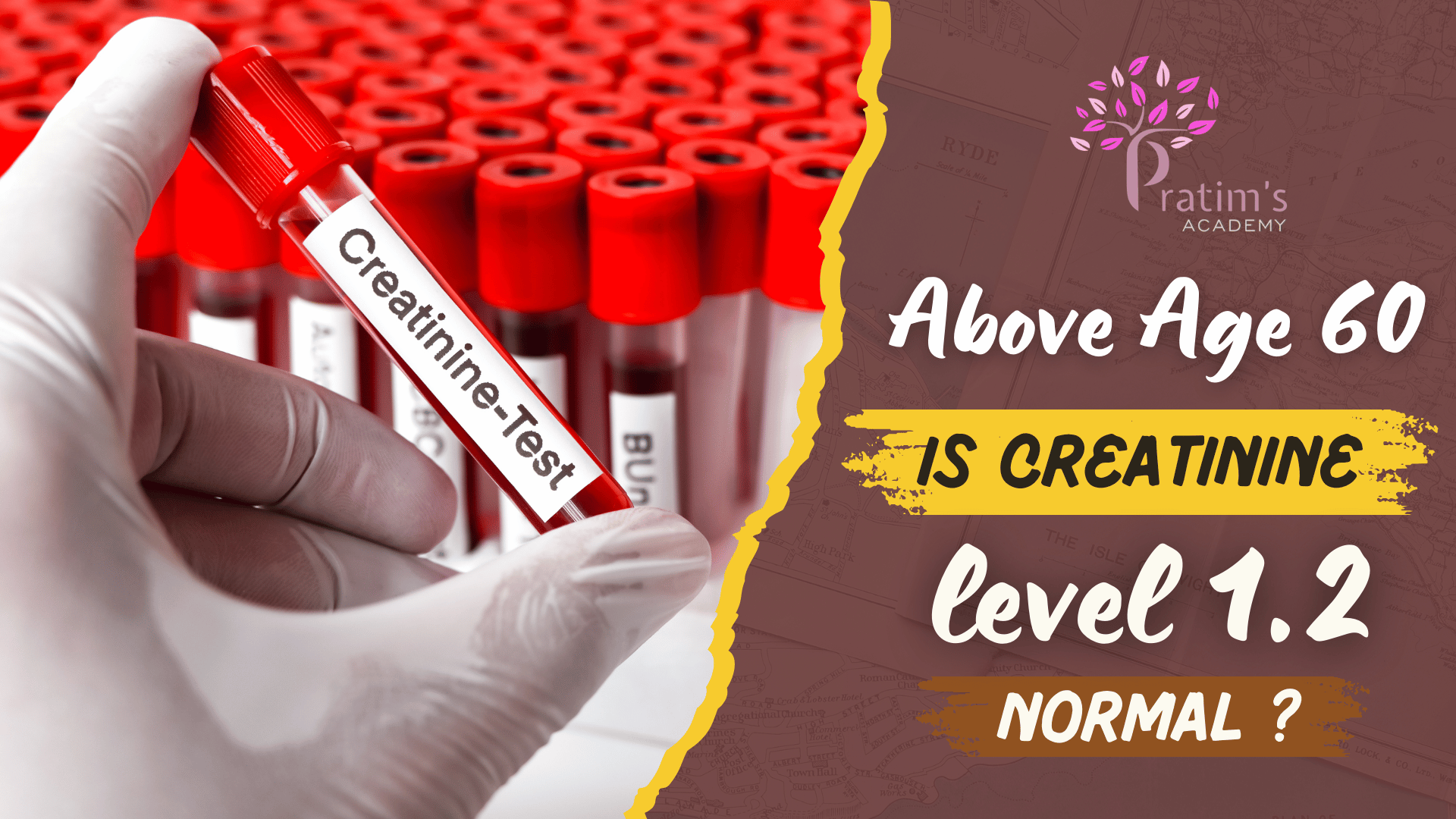
- 741
- 0
Are workout supplement hard on our Kidneys?
Workout supplements-
Food has anabolic properties. But protein is not necessarily required for physically active people, which is fulfilled by our daily diet. That’s the time when supplements are to be taken. But nowadays gym gurus and fitness enthusiasts tend to suggest supplements every time you go to a gym. Are you a gym lover? Are you having any supplements for a perfect physique? Then you should know these-
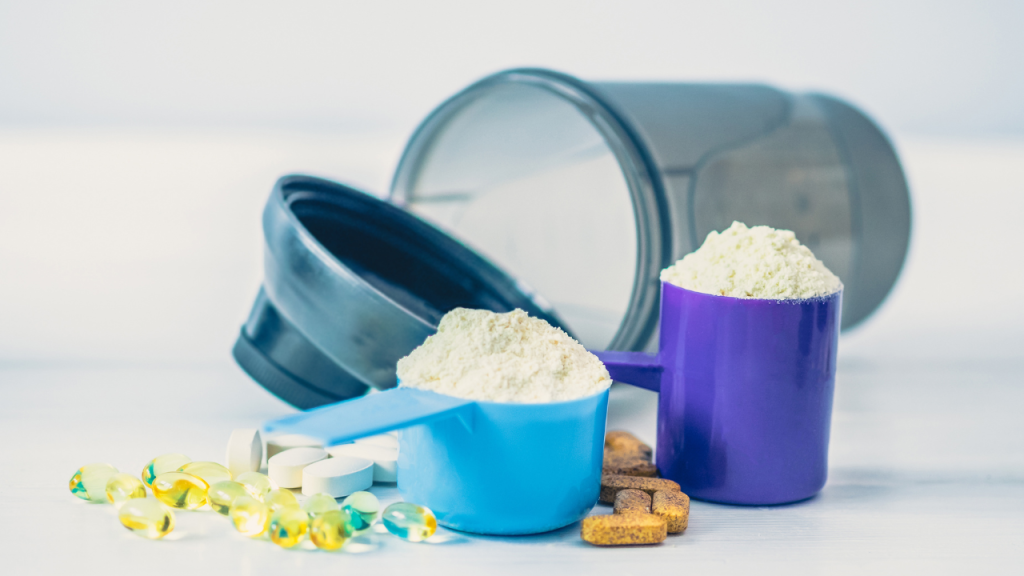
A. Supplements- Food or Drugs? -Supplements are not drugs. Performance-enhancing drugs such as amphetamines and anabolic steroids are not supplements. As it says in the name, these are drugs. Supplements are normally just-food. Protein supplements will not cause you to fail a drug test. Supplements are simply a convenient form of food. You will go on to read this below however it must be stressed that if you are going to take a protein supplement when you are eating a whole cow every day you will be wasting your money. Additionally, if you are full of energy and love a strong coffee before killing your arms then a pre- workout will just be an expensive way of disturbing your sleep. Do not get sucked into marketing rubbish. If you don’t need them then don’t take them.
B. Types of workout supplements and their effects-
1. Pre workout supplements, as their name suggests, are to be taken at least 10-45 mins before gym. These supplements come in powdered form and is to be mixed with water or any other beverages like low fat milk or fruit juice.
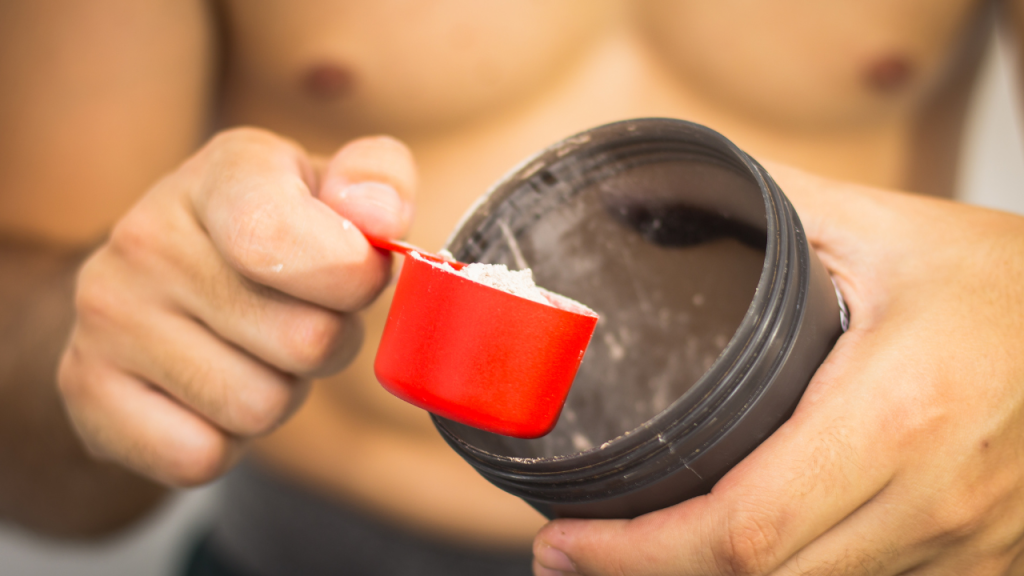
i. Creatinine is a popular type of pre-workout supplement that is given before a workout, is said to increase muscle performance and add muscle mass. For the most part, creatine can help with lean muscle mass and it is completely safe for human consumption in proper dosages. For every person that says that creatine has helped them, there is someone else who says that creatine has caused side effects. Some side effects include- Stomach discomfort, nausea, weight gain, muscle cramp, headache etc.
ii. Some pre-workout supplements include nutrients that replenish the body, e.g.- BCAA like leucine and valine. But supplements containing BCAA also have some adverse effects like loss of coordination, fatigue, and drowsiness. It also can cause problems such as stomach problems including nausea, diarrhea, and bloating. Research has shown supplemental BCAA intake to be safe for healthy adults in doses of 4-20 g per day, with prolonged intake one week or more showing greater benefits than acute (short-term) intake. Aim for 2-3g leucine between meals, before, during, or after workouts to maximize muscle protein synthesis.
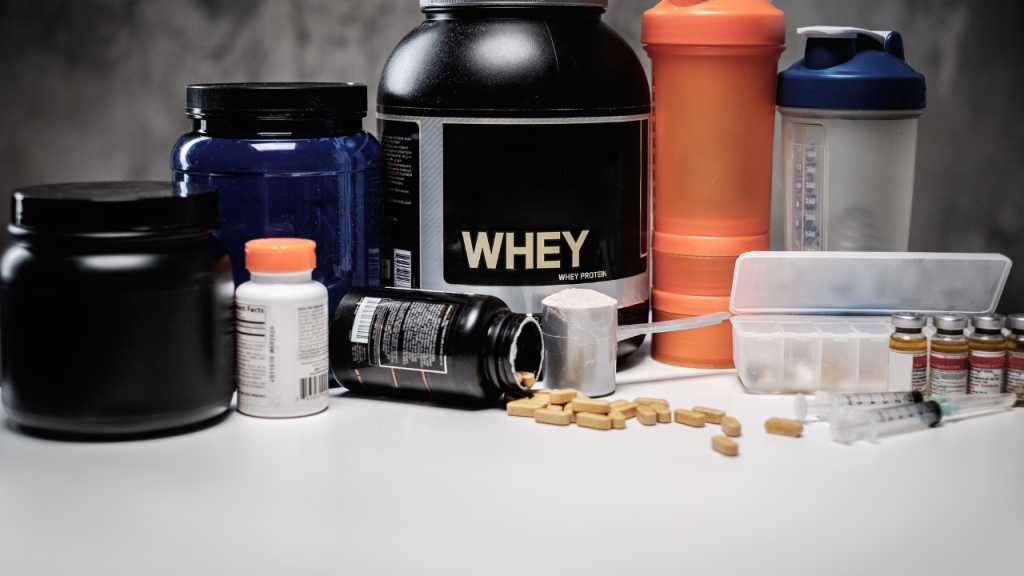
2. Post-workout supplements are the classes of supplements that are to be taken 30 min to 2 hrs after a workout is done. These types of supplements mainly include- Whey protein and casein protein. When it comes to protein timing or thinking about how long after your workout you should wait to consume a post-workout supplement, it depends on a few factors. Some believe in the idea of an “anabolic window” after working out, which is a period of roughly thirty minutes during which it’s most important to eat to maximize muscle gains. However, research into the existence of the anabolic window is inconclusive.
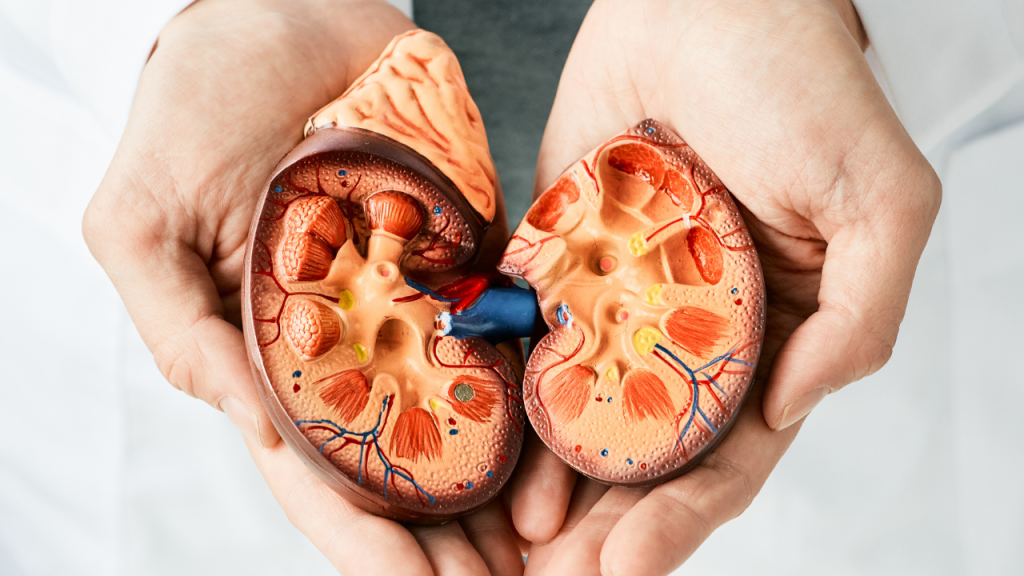
Effect of Workout supplements on Kidney-
Kidney problems can occur due to various factors eg- high BP, diabetes, and certain medication. Studies have shown that gym and workout supplements may have some adverse effects on the filtering system of the kidneys. These supplements contain a high amount of protein, which can strain the kidney. Consuming high amounts of these pre and post-workout supplements can also cause electrolyte imbalance in the body. For example, Creatine is a post-workout supplement used as a muscle builder after a heavy gym session, can affect kidney functions. On the other hand, Caffeine is a pre-workout supplement that is used to enhance your energy before a workout. It can be hard on your kidneys as it increases the filtration rate of kidneys by increasing urination and also contains a high amount of potassium.
So, before you change anything about your daily nutrition or decide to incorporate a new supplement, make sure to consult with your physician or a registered dietitian/nutritionist. These professionals will have the best understanding of your specific needs and can help guide you toward making the right decision.
Contact For Nutrition Consultation – +918069841500
Comment
Check Your EGFR
***We Promise, no spam!


